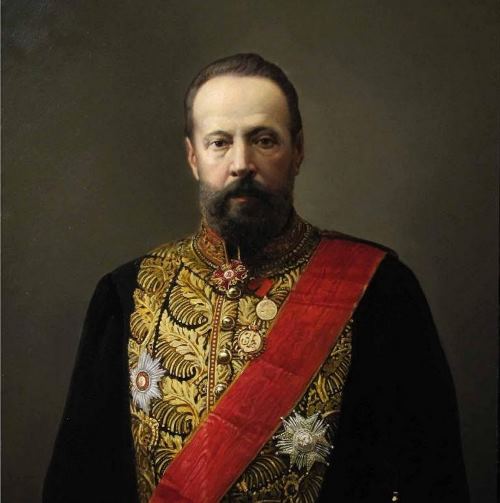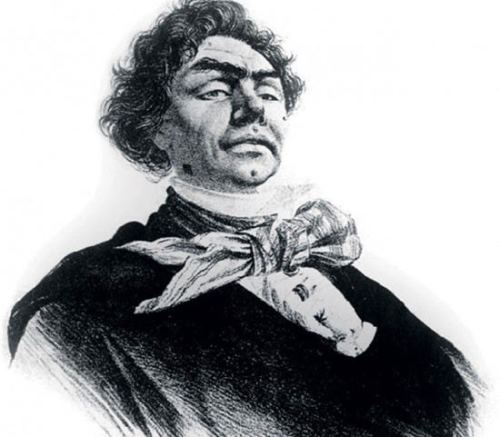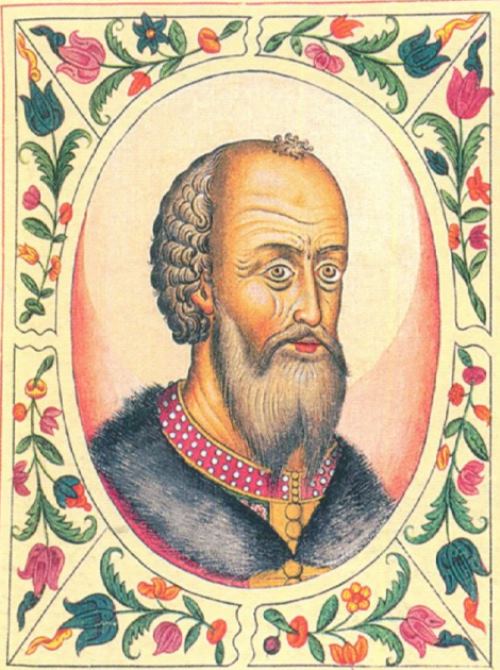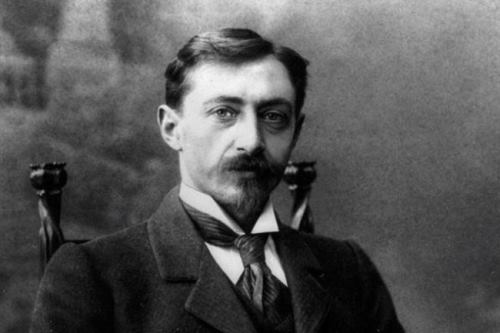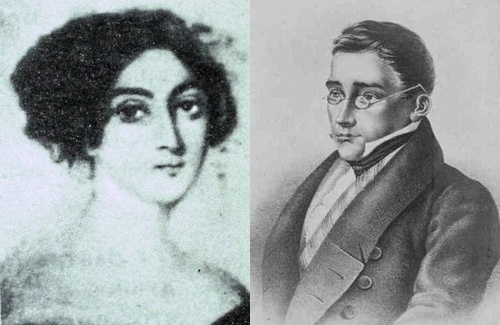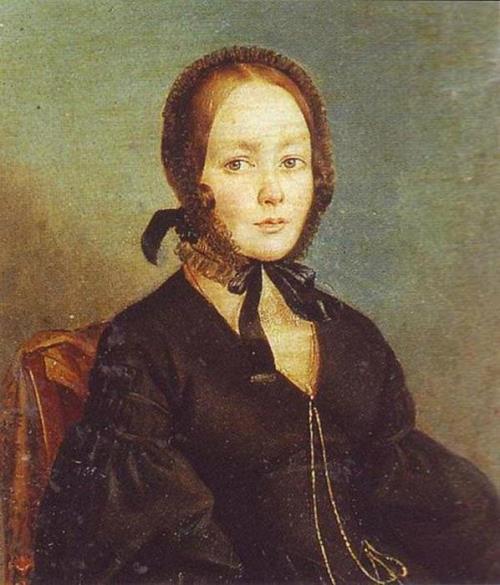Russian navigator Ivan Fedorovich Kruzenshtern
Man’s interest in distant seas and unknown shores is indomitable. At the beginning of the XIX century, Russian sailors first went on an around the world trip to find out which countries were behind the horizon. The expedition was headed by Ivan Fedorovich Kruzenshtern.
Adam Johann von Krusenstern was born in the family of a judge. The boy dreamed of the sea and distant lands and read all the travel books he managed to find in his home library. Father supported his son’s enthusiasm and, when the time came, he sent Ivan to the Naval Cadet Corps in Kronstadt.
According to contemporaries, at the end of the 18th century the corps was a rather gloomy institution resembling a seminary. Of the subjects indicated in the schedule, only mathematics was taught at a decent level, and very few sciences. In addition, teachers were rude and corporal punishment in the corps was absolutely normal.
It is not known how such an upbringing would end for Ivan, but a serious threat loomed over Petersburg: the Russo-Swedish war began. Pupils of the Marine Corps were hastily mobilized to participate in hostilities, and Kruzenshtern was called up as midshipman. In the Gotland battle, the captain of the ship noted his courage, and for participation in the battles of Revel and Krasnaya Gorka, Kruzenshtern received the rank of lieutenant of the fleet.
More »

